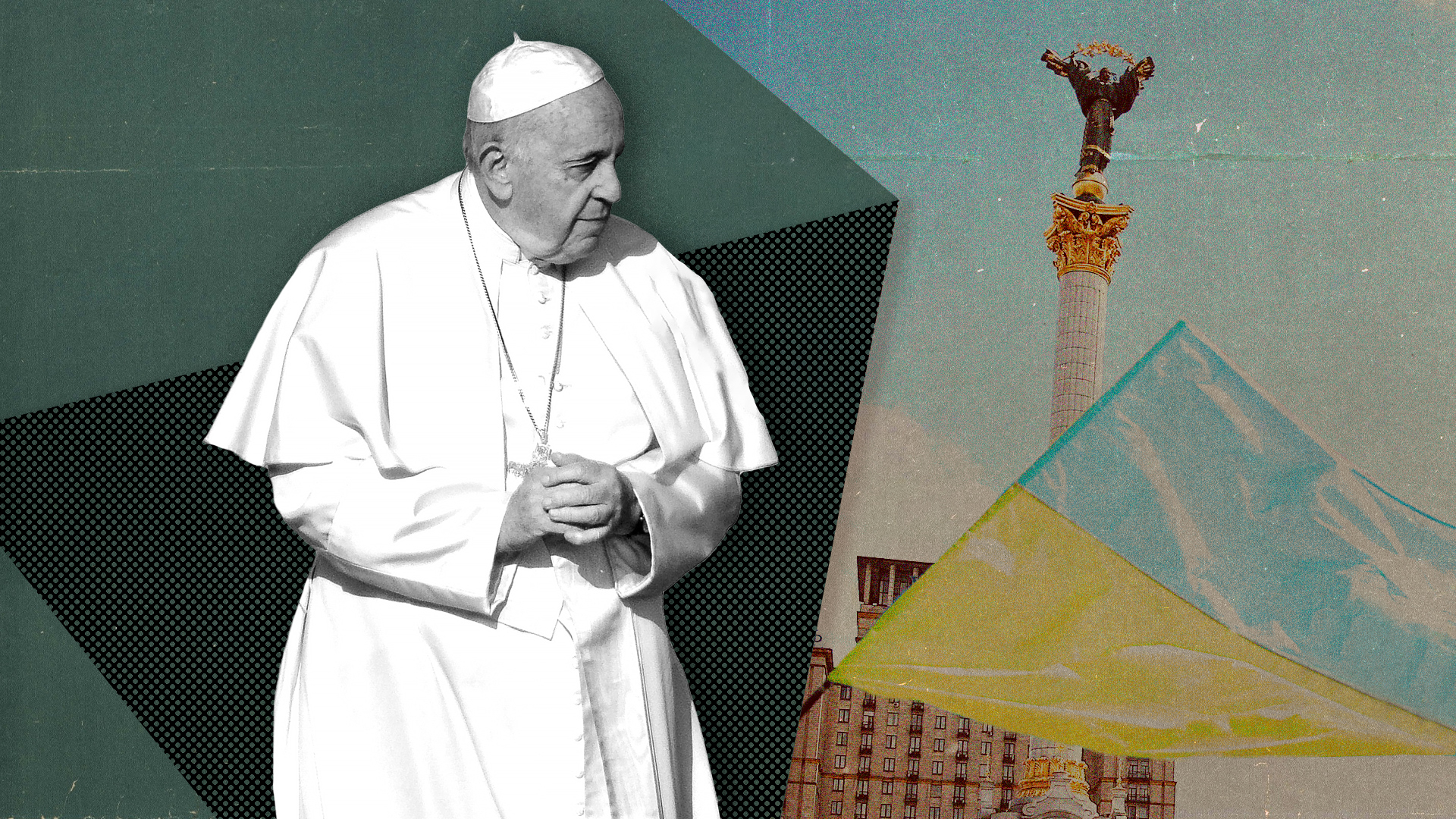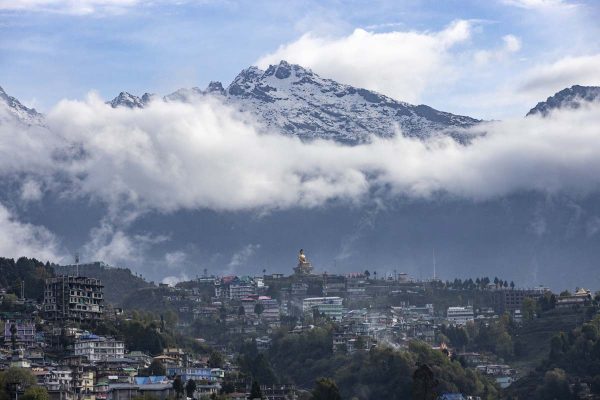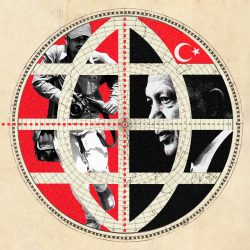
Teona Tsintsadze/Getty Images
Vatican’s influence falters in Ukraine and across the region
On his way back to Rome after a three-day visit to Hungary in late April, Pope Francis revealed that the Vatican was involved in a secret operation to end the war in Ukraine. “There is a mission in course, but it is not yet public,” the Pope told reporters on the plane. Ukraine and Russia claimed they had no knowledge of such an initiative, which led the Vatican’s secretary of state, Cardinal Pietro Parolin, to confirm that a plan existed but had yet to be acted upon.
The messy episode highlighted the Catholic Church’s dwindling influence in the war in Ukraine. Since February 2022, the Vatican has steered clear of condemning Russia and Russian President Vladimir Putin, a stance similar to the positions of Brazil and China. After a meeting with the Pope in May, Ukrainian President Volodymyr Zelenskyy said that “any peace proposal must originate from Kyiv, not from the Vatican, China or elsewhere.”
The Vatican’s limited role as a mediator in the conflict reflects the Pope’s geographical priorities. Pope Francis named 21 new cardinals last week from Argentina, Colombia, South Africa, South Sudan, Tanzania and Malaysia. The Pope also promoted Monsignor Claudio Gugerotti, who served as a papal ambassador to Ukraine and Belarus, which could be seen as a nod to the challenges of the war. The headline promotions, however, were bishops based in Hong Kong and Israel, where the Catholic community is small.
While previous pontiffs, such as John Paul II, threw their support behind Western powers in times of crisis, John L. Allen Jr., a journalist with the Catholic news website Crux, has written that the changing demographics of the Catholic Church mean that the concerns of Europeans and North Americans are becoming less pressing on the Vatican’s agenda. The majority of the world’s 1.2 billion Catholics live in Latin America, with the African continent seeing the biggest increase in Catholic congregations. And the Pope “gives great importance to relations with other continents such as Asia,” said Massimiliano Valente, an associate professor of contemporary history at the European University of Rome.
The Vatican infuriated the Ukrainian government last summer by suggesting that Russia’s actions might have been driven by “NATO barking at Russia’s gate.” In another interview, soon after, the Pope said the war in Ukraine was “perhaps somehow provoked.”
According to Nona Mikhelidze at the Institute for International Affairs in Italy, the comments present Ukraine “as a mere pawn.” The Ukrainian government has also questioned the Church’s assumptions about Ukraine. Mykhailo Podolyak, Zelenskyy’s advisor, said in June that the Vatican needs to have a “sound understanding of this war.”
Across the region, the influence of the Vatican is being challenged. In Poland, where 91% of people identify as Catholic, the Polish Catholic Church — one of the most powerful institutions in the country— has been at loggerheads with Pope Francis over liberal reforms such as decentralizing power. Next door in Lithuania, Catholics have called for an “inquiry on sexual abuse in the church,” as survivors continue to come forward in the Baltic nation.
The Vatican’s position in Belarus, a nation that acted as a staging ground for Russia’s attack on Ukraine, has also been criticized. In a country where Catholic priests are being jailed or exiled for speaking out against Belarusian President Aleksandr Lukashenko, the Vatican has taken a conciliatory tone. The papal ambassador, Ante Jozic, has celebrated the Belarusian government and parroted a line favored by Lukashenko that Minsk could hold peace talks between Russia and Ukraine.
The story you just read is a small piece of a complex and an ever-changing storyline that Coda covers relentlessly and with singular focus. But we can’t do it without your help. Show your support for journalism that stays on the story by becoming a member today. Coda Story is a 501(c)3 U.S. non-profit. Your contribution to Coda Story is tax deductible.
















